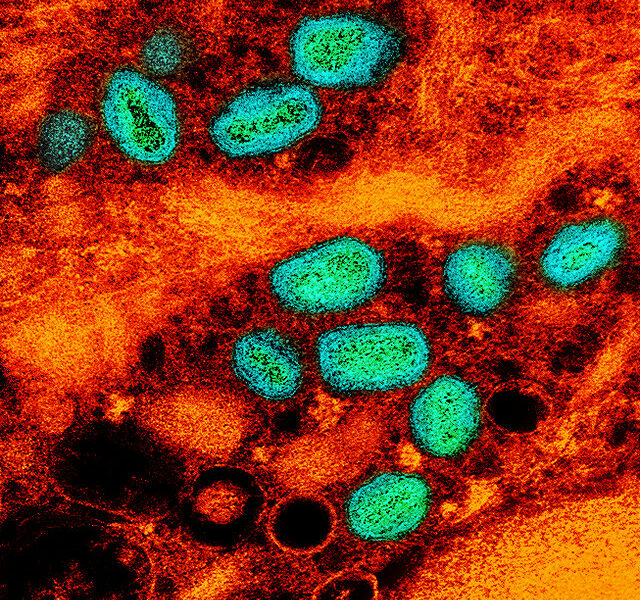By: Sarah Wade
Image courtesy of Anthony Marsiglia via Flickr
The COVID-19 pandemic forced many universities to reassess their way of teaching students this past fall. The new academia consisted primarily of remote or hybrid versions of learning. This caused many students to stay home and not return to campus for the recent fall semester (1). The change to a remote college setting a concerning increase in alcohol consumption among students this year (2).
A recent study on alcohol consumption among college students was done after a university in Ohio went to fully remote learning (2). The study concluded that students who reported high levels of anxiety and depression also reported greater use of alcohol consumption. Students who reported lower symptoms of depression and anxiety also reported less alcohol consumption (2).
The National Institute on Alcohol Abuse and Alcoholism reported that 2020 was especially dangerous for undergraduates, and they need to know the risks (3). The first six weeks of college is a vulnerable time specifically for first year students (3). This year, the worry is not just about the over consumption of alcohol by students, but the fact that parties and gatherings are aiding in the spread of COVID-19. Even if no one at the party is COVID-19 positive, binge drinking weakens the immune system, which would make the body more susceptible to contracting COVID-19 (2).
The increase in alcohol intake has been most prominent for those who have felt physically isolated (3). Alcohol has been one of the top forms for college students to cope with their current situation (2). Students report that alcohol has been helping them deal with stress and stay somewhat socially connected. Typically, universities can step in and be a resource for students, however this has presented a challenge with so many schools moving to remote learning.
Some scientists have made predictions that the stay at home orders, social distancing, and quarantine measures, also play a role in the increase misuse of alcohol. Although these are important measures to take in order to limit the spread of COVID-19, there have been adverse effects. Such adverse effects have inadvertently caused mental health issues and an increase in substance abuse, primarily for college aged students (3). One of the ways we can combat this issue is by following the CDC guidelines as well as learning healthy ways of coping though this pandemic that we are all going through together.
References


